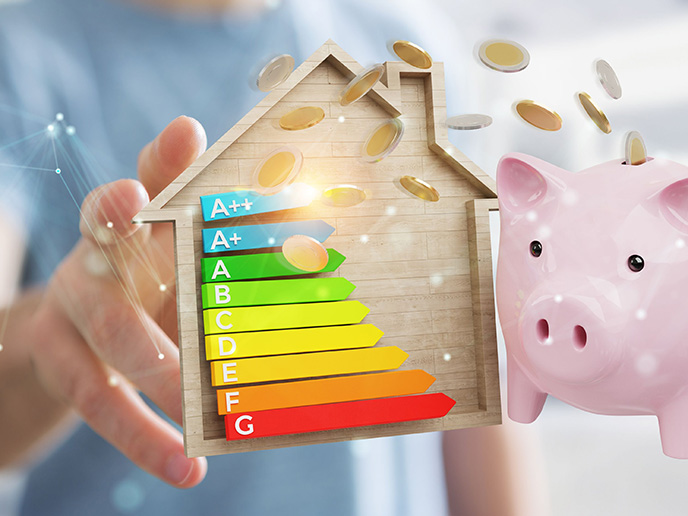New game to increase energy literacy among consumers
Households across Europe are concerned about high electricity prices. With the winter heating season ahead, it is time for electricity consumers to start thinking about ways to cut their energy consumption. One way to reduce consumer bill shocks is to raise energy literacy, boost awareness about consumption and engage consumers to make sustainable choices. This is exactly what the EU-funded EVIDENT project is doing. With the use of gamification strategies, it is introducing a new way to influence household decisions. According to the project’s news announcement, a serious game was developed to address the engagement challenge in energy behaviour change intervention. Additionally, it targets the need to explore the factors impacting consumer decisions on whether to repair or replace appliances. Households do not tend to consider energy efficiency, even when it is in their best interests. As noted in the announcement, research indicates only around 47 % of people know their monthly energy use.
Decisions on energy use
Designed as a life simulation game, the EVIDENT serious game calls on players to maintain a virtual home. Players are assigned a character (property owner who rents to others, tenant or homeowner) and must complete a series of actions to keep their characters comfortable, while ensuring their energy use or spending does not become too high. Gauges will display comfort, environmental impact (based on kWh of energy use during the game) and finances. This allows them to see what impacts their actions have and what changes are needed. When players are informed that an appliance is malfunctioning, they need to decide whether to repair or replace it. To make this decision, players will first negotiate with a repairperson to try and reach the most effective decision, both financially and environmentally. Following this, players receive feedback and information on ways to approach future repair/replace decisions. On completing the game, participants get a final score based on their environmental impact, comfort and finances. They can also see where they fall on a leader board. EVIDENT invites consumers across the EU to participate in various ways. One is to take part in the usability analysis. This offers the opportunity to play the game and share thoughts in a short survey. By joining a usability focus group, consumers can play the game and then discuss to exchange thoughts.
Exploring the use of behaviour change techniques
The project recently published its first paper in the journal ‘Behavior and Social Issues’. Through systematic review and content analysis, it explores how behavioural methods have been used within serious games for energy efficiency, and to what effect. The EVIDENT (bEhaVioral Insights anD Effective eNergy policy acTions) study found that all serious games reported positive effects, with average decreases in energy use of 15.2 % in residential settings. Overall, the researchers concluded there is an opportunity to enhance the impact of such serious games through more effective and considered application of behavioural techniques. For more information, please see: EVIDENT project website
Keywords
EVIDENT, game, gamification, serious game, energy, energy use, energy efficiency

